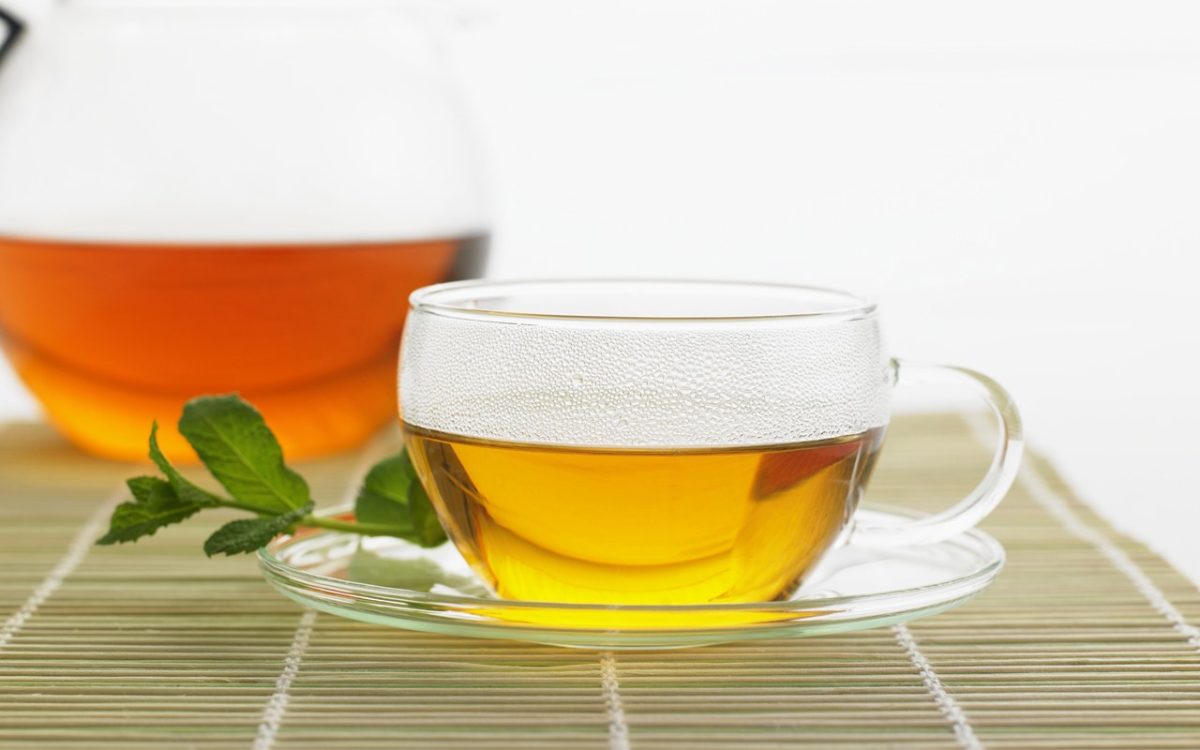What is the second most commonly consumed beverage in the world? It’s not coke, it’s not coffee, and it’s not alcohol. It’s Tea.
It turns out that tea is the second most commonly consumed beverage in the world after water, in fact there are about 3000 types of tea in the world.
Tea has been one of those things that I could never understand. Why do people drink tea? Whether it’s because they think it’s high-society behavior, because of the taste, or because of the health benefits, people love tea. The last reason is the most interesting to me. Some of the health claims I have read and heard regarding tea are that it helps fight cancer, lowers the risk of cardiovascular disease, helps maintain healthy blood pressure, and helps prevent neurodegenerative diseases. After further investigating the health benefits of tea, I was surprised to see the complexity of a combination of hot water and leaves.
Tea has numerous chemicals in it, but there are two that deserve closer inspection: caffeine and polyphenols, which cause the pharmacological effects of tea. As many of you already know, caffeine is a stimulant that has several effects on the body, but the most commonly known effect is alertness. On the other hand, you may not be as familiar with the term polyphenol. It turns out that polyphenols are our antioxidants, which play very important roles in the body.
Antioxidants are considered one of the body’s defense mechanisms against free radicals. Free radicals are extremely reactive molecules or atoms that can cause other molecules or atoms to become extremely reactive. The problem with free radicals is that they can damage the cell’s DNA, which can cause cancer and a myriad of other health conditions. In theory, the antioxidants found in tea and other products should be able to safely deal with free radicals and reduce rates of cancer development. However, theory does not always hold up in reality.
Various studies have tested the health impacts of drinking tea, and the results were not consistent. Some studies tested green tea in particular and found that consumption of green tea can reduce the risk of developing atherosclerosis (a buildup of plaque in the arteries). However, other studies were unable to replicate these findings, and as a result, the FDA did not allow green tea manufacturers to label their product as a risk reducer for heart disease.
Another study points out that excessive consumption (five cups or more a day) of green tea can actually do more harm than good, due to the fact that some of the chemicals in green tea affect the absorption of iron from food. Additionally, experts warn that excessive consumption of green tea is not safe for pregnant women, individuals with heart conditions (effect of caffeine), and individuals with glaucoma. Furthermore, studies have explained that there may be a link between excessive green tea consumption and altered liver function.
It is also important to consider the interactions between tea and various drugs. The chemicals in tea may exaggerate or oppose the effects of some medications such as blood thinners and antibiotics.
Further research shows that the benefits of tea can be broken down into certain categories. Green tea is likely effective for high cholesterol and mental alertness. Green Tea is possibly effective for clogged arteries, low blood pressure, ovarian cancer, and Parkinson’s disease. Lastly, there is not enough evidence to confirm that green tea is effective for lung, mouth, breast, bladder, prostate, or colon cancer. Additionally, evidence for heart disease, obesity, acne, and enhanced athletic performance is spotty at best.
Despite clinical evidence, which remains inconclusive about the benefits of drinking tea, many people continue to believe that tea is healthy. These people are not wrong; people have been drinking tea for a very long time and many of those people have lived healthy lives. Tea is still recommended by many doctors for good physical and mental health. Logical reasoning explains that tea is very good for health: it is low calorie, it contains important antioxidants, and it is completely natural. These differing viewpoints indicate that more research is needed to confirm the benefit of tea.
So what’s the verdict on tea?
The answer is not dry and simple. For those people that find pleasure and serenity in drinking tea, continuing to drink tea is a good idea. For those who think that tea may have health benefits, starting to drink tea in moderation should not hurt. For those who are taking a variety of medications and have some major health conditions, it may be best to contact a healthcare professional before beginning to drink tea. For those who are healthy, but uncertain about tea, it doesn’t hurt to try. In the end, I firmly believe more research needs to be done on tea to verify its benefit to people’s health. In the mean time, I think I’ll have a nice cup of tea.
Image courtesy of Wallcoo.net

































